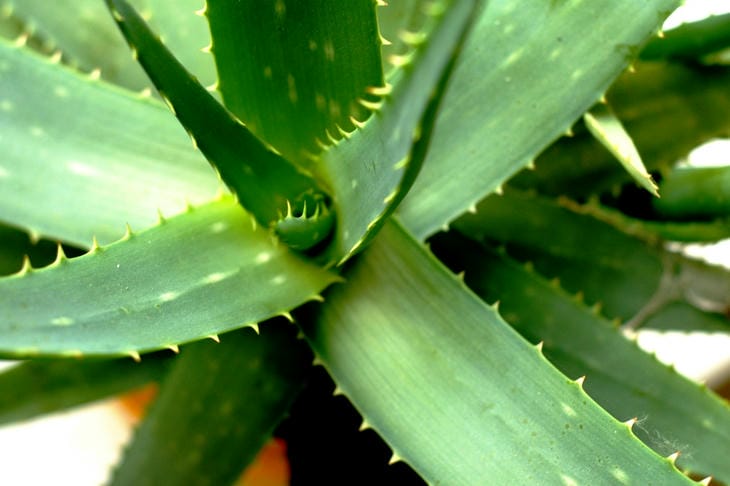Which indoor plants purify the air well: natural filters for creating a healthy atmosphere in the home
Modern apartments are filled with many synthetic materials that emit harmful substances.
Nature offers a simple and elegant solution to the problem of polluted air - indoor plants, which can not only decorate the interior, but also make the atmosphere in the house healthier.
Nature's Champions of Air Purification
Chlorophytum is one of the most effective natural purifiers. The plant copes well with formaldehyde and other harmful compounds. Experts recommend placing chlorophytum in the bedroom or study, where a person spends a lot of time.
Sansevieria, also known as snake plant, actively absorbs toxins and releases oxygen even at night, when most other plants stop photosynthesis.
The plant is unpretentious and is perfect for rooms with a lack of natural light.

Tropical Helpers
Spathiphyllum is considered a true expert in neutralizing benzene and trichloroethylene. Beautiful white inflorescences are pleasing to the eye, and the ability to purify the air makes this plant especially valuable for city apartments.
Dracaena has a high capacity for phytofiltration. The plant effectively removes xylene, toluene and other harmful substances emitted by furniture and finishing materials from the air.
Low maintenance cleaners
Ficus benjamina is recognized as one of the best air purifiers among indoor plants. Ficus leaves successfully cope with formaldehyde, which is often present in new furniture and flooring.
Common ivy is famous for its ability to fight mold spores and other harmful microorganisms. The plant feels great in cool rooms and can be located away from sunlight.
Plants for the bedroom
Aloe vera deserves special attention due to its ability to purify the air of benzene and formaldehyde. The plant also produces large amounts of oxygen at night, making it an ideal choice for the bedroom.
Posting rules
Experts advise placing purifying plants in the most visited rooms of the apartment. For maximum effect, it is recommended to have one large plant for every 10 square meters of the room. It is important to consider the individual needs of each species for lighting and humidity.
Regular care of plants helps to increase their cleaning properties. Dust on leaves significantly reduces the efficiency of phytofiltration, so plants need regular spraying and wiping of leaves with a damp cloth.
